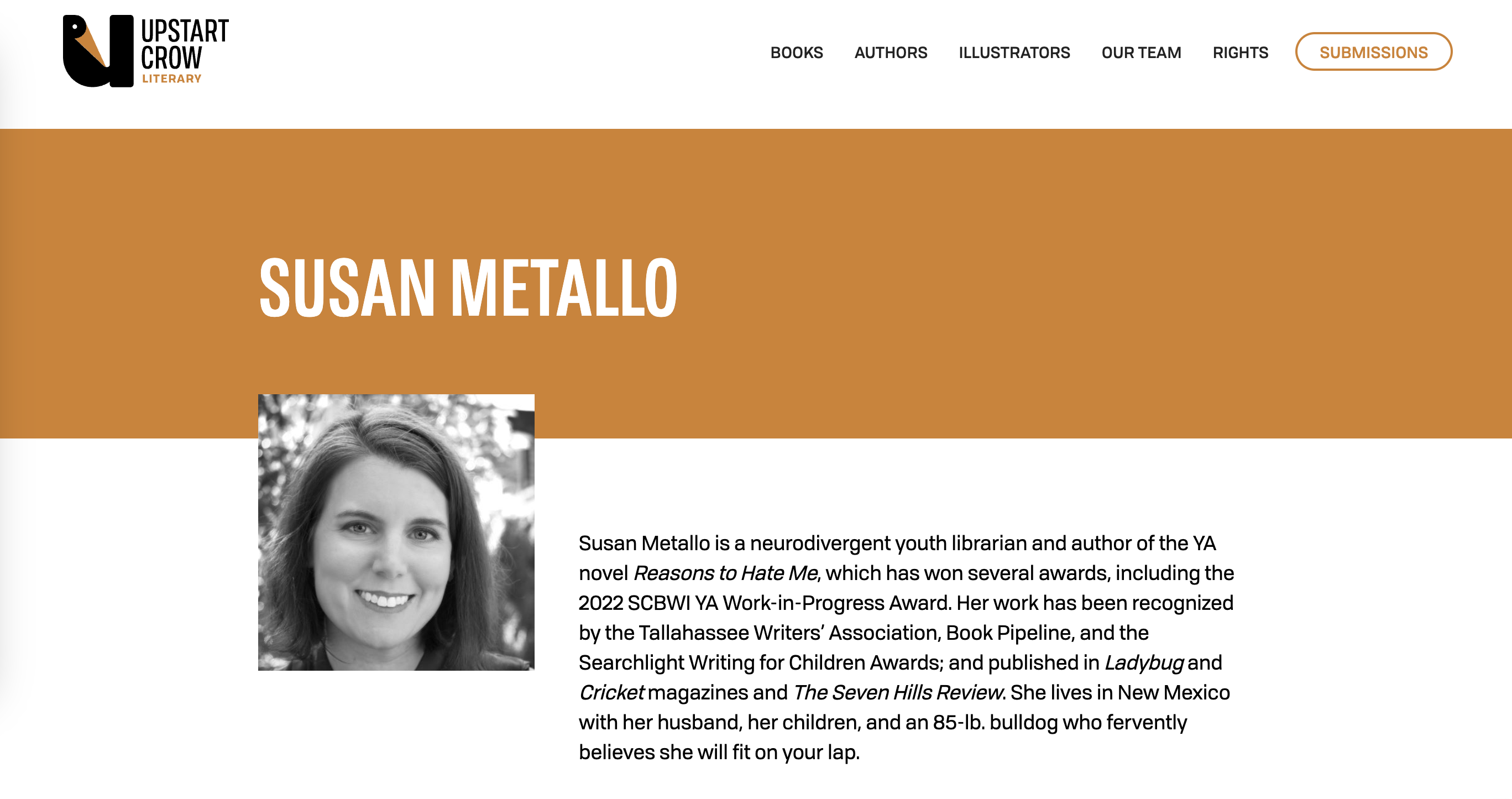querying literary agents
It’s that first hurdle to traditional publishing. It takes years, racks up several dozen gigs of email storage, and makes all authors cry at least once. But eventually, you develop your epidermis of steel. You will send out your precious as-perfect-as-you-can-make-it query letter, and in return, if you’re lucky, you will get a rejection. More likely, the cyber crickets will continue chirping until the “Assume Reject” time frame runs out. Then, you’ll send out another batch of query letters, rinse and repeat. And in the months of waiting for those Assume Reject clocks to run down, you work on your next book.
I’d gone through the process with a YA fantasy novel that was decent, but not good enough in a saturated market. Knowing the market, I hadn’t been surprised when the rejections rolled in. I had been surprised by the amount it stung. My high school creative writing teacher (Hi, Ms. Wood!) had always encouraged us to save our rejection letters (this was Back in the Day when things still came by mail). Save them, she’d taught us. Be proud of them because every rejection letter is proof you were brave enough to put your work out there.
But when the first rejection arrived — literal minutes after I’d clicked submit — it knocked the wind from me. This project isn’t a good fit for me right now. I knew I was going to get emails like this. It’s the boilerplate of the query rejection. But what does it even mean? The project isn’t something they’re interested in? They don’t think they can sell the project now but maybe later? The project is unsaleable? They’re super busy and forgot to close to queries? Or are they really saying, “This manuscript super sucks so I’ll just copy/paste a meaningless phrase and hit send”?
Over the next year, I kept waiting for my epidermis of steel, but every rejection deflated me, even when I didn’t think I’d gotten my hopes up. For example, I’d told myself I didn’t have a real chance with my dream agent, Susan Hawk. It’s part of why I queried her first — rip off the band aid, get the rejection out of the way. But I still felt depressed after getting her form rejection. The project wasn’t a good fit for her right now, either.
send something, start something
Something else happened over that year of rejections, though, and it had nothing to do with agents or even my fantasy novel. You see, I’d done what everyone says to do: don’t focus on the rejections; focus on your next project. Even as the depressive rejection fog persisted, I’d embraced a kind of madcap idea I’d had for a YA Contemporary novel — a comedy — told in a series of vignettes, bouncing around from past to present, each one about a terrible, hilarious choice a girl has made, each of which individually reveals her to be a not-so-great human being, but all of which together make a point about public shaming and male privilege and self-forgiveness.
The initial manuscript had almost worked, and after a year of hardcore revision with some excellent critique partners, the manuscript that emerged really worked. In fact, it felt like it was that magic word: saleable. It was the kind of book I was actually excited to pitch, not just dragging my feet through the query trenches but running to the front lines waving my 2-page synopsis. Check this out! This is going to be my debut!
I prepared my query letter, a 1-page document comprising a paragraph positioning the book in its genre, word count, comparable titles, etc.; a roughly 200 word pitch/summary like you’d find on a book jacket; and a paragraph with my publication credits. I took a deep breath, blew the rejection fog away, and hit submit on a new batch of queries, including, again, my dream agent Susan Hawk.
This time, I didn’t get a rejection after a few minutes. Or even a few weeks. Two months passed, and still the cyber crickets were chirping. Assume Reject dates came and went, and the depressive fog reformed. I’d really thought Reasons to Hate Me was the project that would get me an agent, but maybe it was just another project that wasn’t a good fit for anyone ever. But, oh well, no use moping. Send something, start something, as the saying goes. I began working on a new book.
something strange is afoot
I got the first hint that things were turning up when one of the agents from my first batch of queries requested the full manuscript of Reasons. If you’ve never queried, let me tell you this is a big deal, even though it’s far from a guarantee of an offer. Nerd that I am, I’d done a lot of Query Tracker math and calculated that while on average, the agents I was querying only requested fulls from 1-2% of the authors who queried, they offered representation to 10% of the author’s whose fulls they read! Yes, I know, still not great odds, but way better than anything I’d experienced before. (Don’t assume this math will be the same when you’re querying. This was back in 2022 and the market is always changing.) Then, about a week later, Susan Hawk requested a full, too. I was jumping and fluttering and squealing inside and out all that month, even while the rational part of my brain tried to temper my expectations.
Then, more exciting things happened. My madcap little book started winning awards. In October, it placed as Runner-Up in the Book Pipeline Contest. In November, it won the Society for Children’s Book Writers and Illustrators Work-in-Progress Award. And in December it took first place in the Seven Hills Literary Contest. With every new piece of good news, electric joy spurred me to update the agents who had my query. Hey, other people seem to like my book *nudge, nudge*; maybe you should consider it…
The nudges had mixed results. Some agents responded with quick rejections. From more, I heard nothing. But from a handful, I got full requests, and from Susan Hawk — my dream agent, who had broken my heart with a form rejection at the start of my querying journey — I got an offer. A couple other offers came in, and I carefully considered them all, but in the end, I had to go with my gut. Exactly one year ago, I signed with Susan Hawk of Upstart Crow Literary.
lessons learned & new year’s resolutions
Why am I sharing this story a year late? I think it’s taken me this long to process where I am. I definitely still have author imposter syndrome (like, is Susan Hawk sure my book is a good fit for her right now?). I feel an intense bafflement toward the existence of my own book. How did I even come up with this idea? How on earth did it end up working? Beyond that, I know writers who are equally skilled and hardworking and deserving who don’t have contracts. I know writers who were in the querying trenches for longer than I was before finding their match. And I also know that I can’t say “Just keep going, and you’ll find an agent!” because that doesn’t happen for everyone. The deck is particularly stacked against authors of color, publishing being so deeply entrenched in literary styles and expectations that grow from distinctly white cultures and for white audiences. As a queer and disabled writer, I’m a member of professional circles where my peers are still running up against the barriers that disproportionately ignore marginalized voices. So why am I one of the few who made it out of the trenches with a contract, and how do I deal with the survivor’s guilt?
I don’t have perfect answers to these questions, even a year later. But here’s what I think I’ve learned about how I am going to weather this industry going forward.
- First, sometimes this project isn’t a good fit for me right now means just that. Querying the same agent with a different project at a different time might yield different results. As much as the rejections sting me emotionally, I need to keep reminding myself intellectually that it isn’t as personal as it feels.
- Second, I know it’s been said before, but when I send something out, I’ll start something new. If this book isn’t the one, the next one really might be. I won’t let rejection fog stop me from writing, even if I can’t see a book deal on the horizon.
- Third, entropy. Creativity is random, unpredictable chaos. The publishing world is, too. There is so much that is out of our control, that we simply can’t measure our success in acceptance letters or traditionally published books on a shelf. I’ve decided that for me, I’m going to write a book a year that lives up to my critical standards of craft. Some of them will be better than others because some of my ideas will be better than others. But each will be an opportunity to practice the writing skills that I can control. And maybe, hopefully, some of them will get published.
- Fourth, transparency matters. There’s enough of this industry left to chance; we don’t need it to be shrouded in mystery as well. Authors who were willing to share honestly about their experiences with agents, the querying process, the submission process, and the publication process have helped me to make strategic decisions in my career, while initiatives like #PublishingPaidMe help create awareness of inequity and social pressure for change. Yes, luck will always be a part of this game, but when marginalized creators are routinely running into barriers that result in gross underrepresentation, that’s not random chance; it’s deliberate, and it will only go away through deliberate, industry-wide effort.
As I progress forward in this career, I’ve resolved to be open on this blog as one way of helping the up-and-coming authors who are still fighting for their unrepresented books. I’m also going to read more self-published books this year, especially books by marginalized creators who may be self-publishing because the system shut them out.
- Finally, thick skin is a myth. At least it is for me — and maybe that’s not a bad thing. If I were churning out books I didn’t care about, I don’t think my joy in writing would be as profound. I don’t think I’d be excited enough to promote my books to industry people or to readers. And after this past year of connecting with agents and editors who share an enthusiasm for my little madcap YA novel, I can tell you that for me, the joy of putting my stories in someone else’s hands is worth the headache and heartache that it takes to get it out in the world.
This year, I’m going to let myself be tender. I’m going to celebrate ALL of my writing milestones, from completed drafts to submissions sent, to rejections received. And I’m going to celebrate them with my wonderful, supportive writing community of critique partners and beta readers. I’m not going to let the chaos and pain of a bureaucratic process steal my joy at the writing. Because for me, the stories and their readers are what it’s all about.

